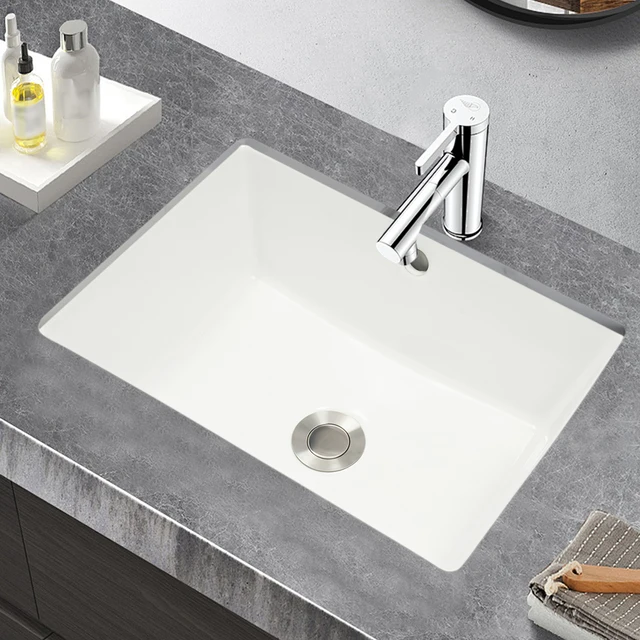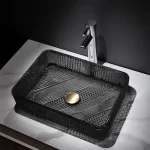Clogged sinks are one of the most common household issues, often causing frustration and inconvenience. Fortunately, the good news is that many sink blockages can be resolved without the need for a professional plumber. With a little bit of know-how and a few common household items, you can tackle sink clogs yourself. In this article, we’ll explore various DIY solutions for unblocking a sink, giving you the confidence to take care of this issue independently.
Understanding the Common Causes of Sink Blockages
Before we delve into solutions, it’s vital to understand what causes sink blockages in the first place. Various elements contribute to clogs, including food debris, grease buildup, hair, and soap scum. In kitchen sinks, leftover food, cooking oils, and grease tend to accumulate over time, creating problematic clogs. In bathrooms, hair and soap residue can easily accumulate over time, contributing to blockages. Knowing these causes helps you take preventive measures and identify the right solutions for unblocking your sink.
One of the main culprits is grease. When you’re cooking, it’s easy to think that pouring grease and oil down the drain is harmless. However, these substances can solidify and adhere to the walls of your pipes, leading to significant blockages. Food remnant clogs are also a common issue seen in kitchen sinks, where bits of food get trapped in the drainage system. In bathrooms, hair is a primary culprit and can combine with soap scum to create nearly impenetrable clogs. Understanding these factors is the first step in ensuring that your sink remains clear and functioning smoothly.
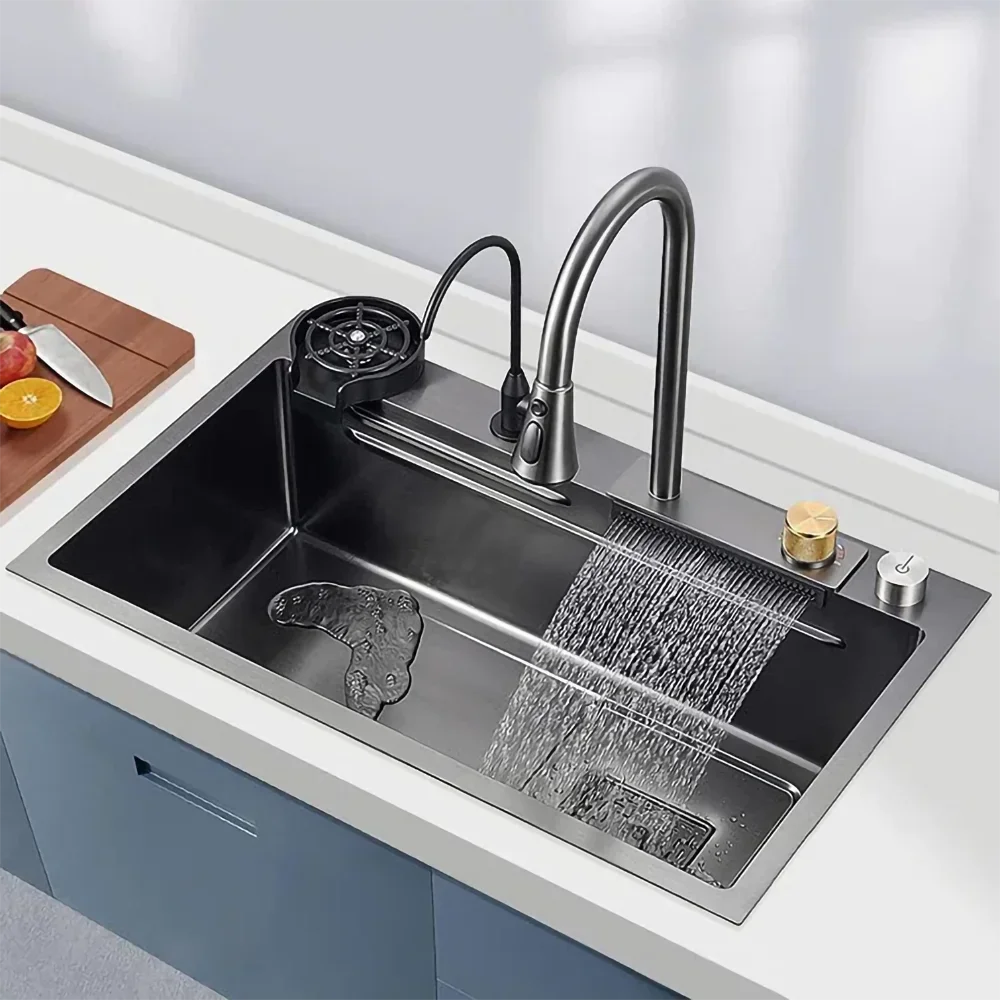
Essential Tools and Materials for Your DIY Toolkit
Having the right tools is crucial for any DIY project, including unblocking sinks. Before you start tackling your clogged sink, gather a few essential items. You’ll typically need a plunger, a drain snake, baking soda, vinegar, hot water, and rubber gloves.
The plunger is the first tool most people think of when addressing a clogged sink. It’s particularly effective in loosening clogs caused by food remnants or minor blockages. A drain snake, or auger, is another handy tool, ideal for more stubborn clogs, especially those caused by hair. Baking soda and vinegar serve as natural alternatives to harsher chemical drain cleaners. They can effectively dissolve organic material and grease when used in tandem. Lastly, hot water can be a simple yet powerful remedy when used appropriately. Before you start, make sure you have these items on hand to ensure your DIY efforts go as smoothly as possible.
The Plunge: A Step-by-Step Guide
One of the most straightforward methods of unblocking a sink is using a plunger. Though many people think plungers are only for toilets, they can be highly effective for sinks as well. Before you start, remove any standing water from your sink, as this will impede the plunger’s effectiveness.
Begin by filling the sink with a few inches of water—this will help create a proper seal around the plunger. Next, ensure that any overflow outlets are blocked; you can use a wet cloth to plug them if you have a double sink. Now place the plunger firmly over the sink drain and push down with a steady force—be sure to create a tight seal. After applying pressure downwards, pull upwards sharply, and then repeat this process for about 15 to 20 seconds. The motion should effectively dislodge whatever is causing the clog. After several repetitions or if the water begins to drain, remove the plunger and check the flow. If the water drains freely, congrats! You’ve successfully unclogged your sink!
Utilizing Baking Soda and Vinegar
Baking soda and vinegar is often a go-to solution for resolving minor drain clogs without the use of harsh chemicals. Not only is this combination effective, but it’s also environmentally friendly. The effervescent reaction between the two substances helps to break down organic material and may also neutralize any odors lingering in your sink.
First, pour about half a cup of baking soda directly into the clogged drain. Ensure it’s well distributed. Next, follow it up with half a cup of vinegar. You’ll notice bubbling and fizzing, that’s the desired reaction! This chemical reaction helps lift grime, grease, and other debris stuck in your pipes. Allow the solution to sit for about 30 minutes to ensure maximum effectiveness. After waiting, pour a pot of boiling water down the drain to flush out any remaining debris. This method is simple, yet often effective for light clogs and a great preventative care measure to keep your plumbing in good shape!
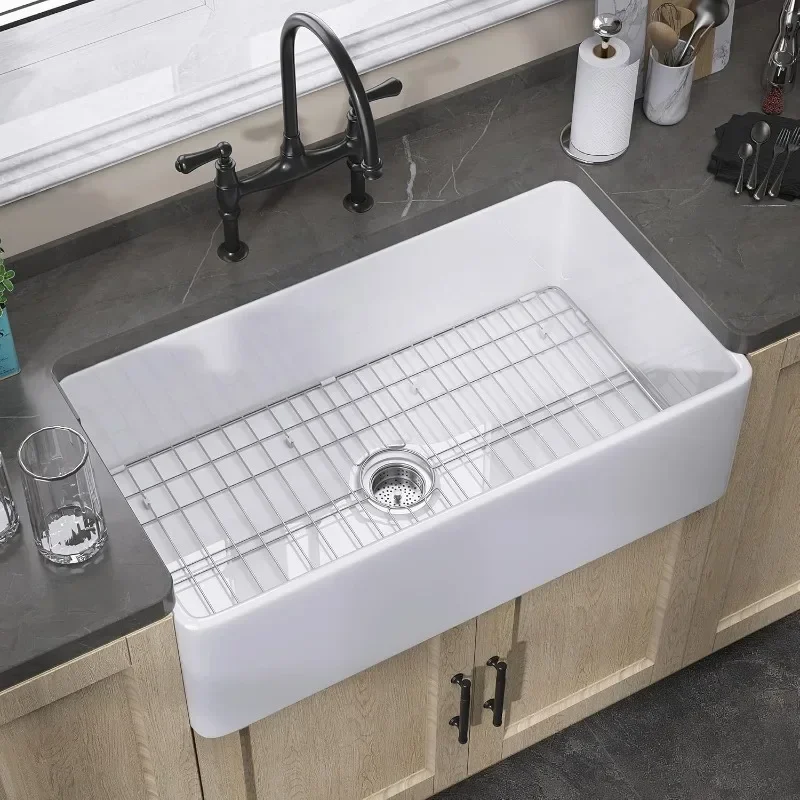
Employing the Drain Snake for Stubborn Clogs
Sometimes, the clog is simply too stubborn for conventional methods. In such cases, a drain snake (or auger) may be your best solution. This is a tool designed to reach deep within your pipes and break through more severe clogs.
To use the drain snake, start by inserting it into the drain slowly. The goal is to push it further into the pipe until you feel resistance, which indicates you’ve reached the clog. Most snakes have a rotating handle that can be turned while you apply gentle forward pressure. This motion helps to break up the clog. After a few turns, slowly pull the snake out. If you encounter more resistance or see any debris stuck to your snake, it’s best to remove it before attempting to snake the drain again. After successfully breaking through or removing the material, run hot water through the drain to ensure everything is flowing smoothly.
The Hot Water Method: Simple Yet Effective
Sometimes, all it takes to overcome a clogged sink is hot water. This method is particularly effective when dealing with grease or soap scum clogs in the kitchen or bathroom sinks. The heat from the water can effectively dissolve grease and allow any loose debris to be washed away.
To utilize this method, start by boiling a pot of water on the stove. Once the water has reached a rolling boil, carefully pour it directly into the drain. Do this in stages, with breaks in between, allowing the hot water to work its magic. This isn’t just a one-time fix; you can follow up with this method periodically to maintain clear pipes and prevent any build-up over time. It’s also beneficial to consider using hot water alongside baking soda and vinegar for a super-effective cleaning regimen.
Prevention Tips to Keep Your Sink Clear
Preventing clogs in the first place is always better than trying to fix them. To keep your sink clear, establish some guidelines for disposing of waste properly. In kitchens, never dispose of cooking grease down the drain, and always scrape food leftovers into the trash.
In bathrooms, consider using drain covers in sinks and tubs to catch hair and other debris before it can enter the drainage system. Regularly clean out these covers as part of your routine. Using baking soda and vinegar as a preventive measure once a month can also help maintain clear pipes. Moreover, consider running hot water down your drains after heavy usage to ensure any lingering particles are flushed away. By implementing these preventive measures, you can significantly reduce the likelihood of facing a clogged sink in the future.
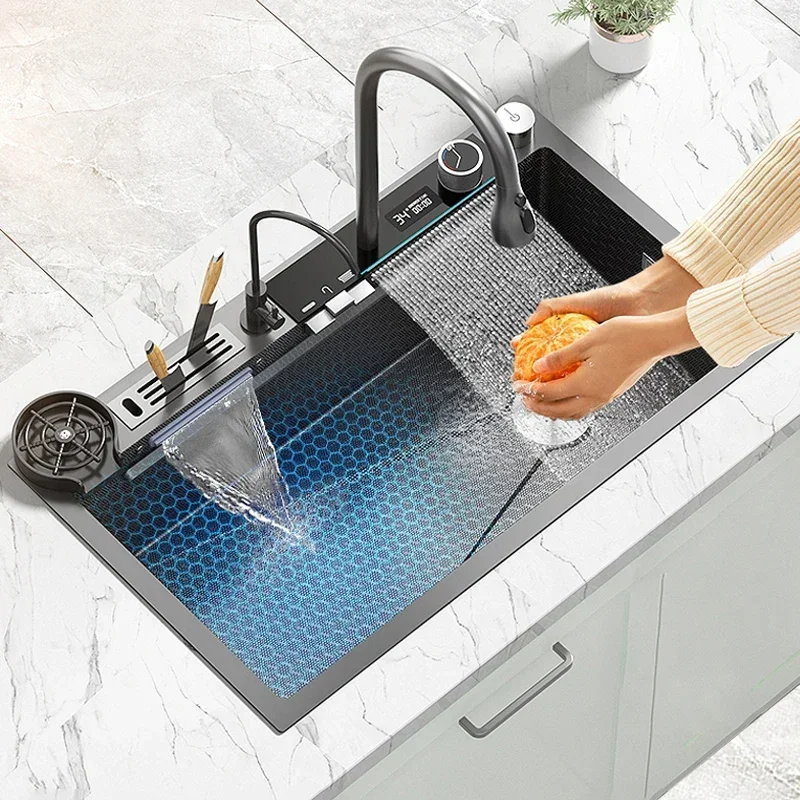
When to Call a Professional
While many clogs can be tackled with simple DIY methods, some situations may warrant calling in a professional plumber. If you’ve tried plunging, snaking, and home remedies, yet the clog persists, it could indicate a more serious issue. Problems such as tree roots invading your plumbing or major blockages far down the line require expert tools and expertise to resolve.
Conclusion: Empower Yourself with DIY Skills
Dealing with a clogged sink can be a hassle, but by equipping yourself with the right knowledge and tools, you can confidently tackle this common household issue. From understanding the causes of clogs to employing effective methods like plunging, using baking soda and vinegar, or leveraging a drain snake, you now have various techniques to keep your sink clear.
